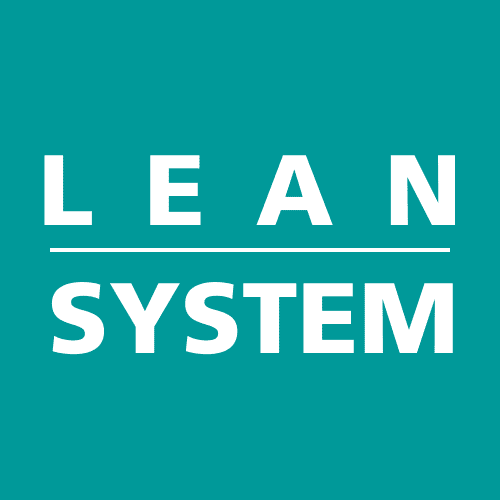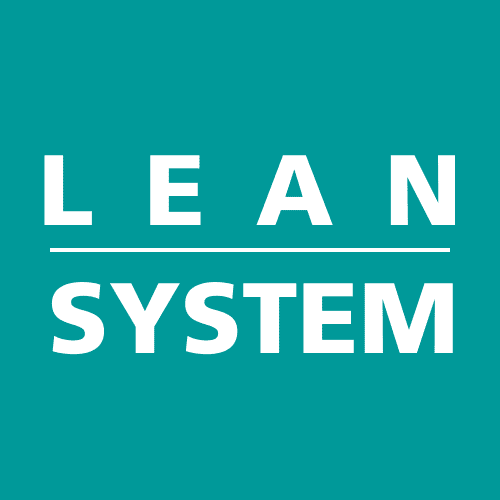In today's fast-paced business environment, knowledge is power. As companies strive to stay ahead of the competition, they need to leverage their organizational knowledge to drive innovation, improve processes, and enhance customer experiences. But what exactly is organizational knowledge, and how can companies build and maintain it? In this blog post, we will explore the key concepts of organizational knowledge and provide seven practical tips for unlocking its power.
What is Organizational Knowledge?
Organizational knowledge is the information, skills, and expertise that an organization accumulates over time through its experiences, successes, and failures. It is the collective knowledge that enables an organization to perform its functions effectively and efficiently. Organizational knowledge can be based on internal sources, such as intellectual property, lessons learned from successful projects, and improvements in processes, products, and services. It can also be based on external sources, such as industry standards, academic research, conferences, and knowledge gained from customers or external providers.
Why is Organizational Knowledge Important?
Organizational knowledge is critical to achieving business success. It enables companies to:
- Improve processes and products: By leveraging their knowledge, companies can identify and address inefficiencies, reduce costs, and develop new and innovative products and services.
- Enhance customer experiences: By understanding their customers' needs and preferences, companies can create personalized experiences that build brand loyalty and increase customer retention.
- Drive innovation: By encouraging knowledge-sharing and collaboration, companies can foster a culture of innovation that enables them to stay ahead of the competition.
- Improve decision-making: By basing decisions on data and insights derived from organizational knowledge, companies can make more informed and effective decisions.
How to Build and Maintain Organizational Knowledge?
Building and maintaining organizational knowledge is an ongoing process that requires continuous effort and investment. Here are seven practical tips for unlocking the power of organizational knowledge:
- Identify key knowledge areas: Determine the areas of knowledge that are critical to your business success and ensure that they are well-documented and easily accessible.
- Foster a culture of knowledge-sharing: Encourage your employees to share their knowledge and expertise with others through mentoring, training, and collaborative projects.
- Leverage technology: Use knowledge management tools and software to capture and store organizational knowledge in a centralized location.
- Capture lessons learned: Capture and document lessons learned from successes and failures to avoid making the same mistakes in the future.
- Attend conferences and training programs: Attend industry conferences and training programs to stay up-to-date on the latest trends and best practices.
- Encourage external partnerships: Form partnerships with external organizations to gain access to new knowledge and expertise.
- Continuously update your knowledge: Regularly review and update your organizational knowledge to ensure that it remains relevant and up-to-date.
In conclusion, building and maintaining organizational knowledge is essential to achieving business success in today's competitive market. By following these seven practical tips, companies can unlock the power of their organizational knowledge and gain a competitive edge. As a working professional, it is essential to recognize the importance of organizational knowledge and take proactive steps to build and maintain it throughout your career.

